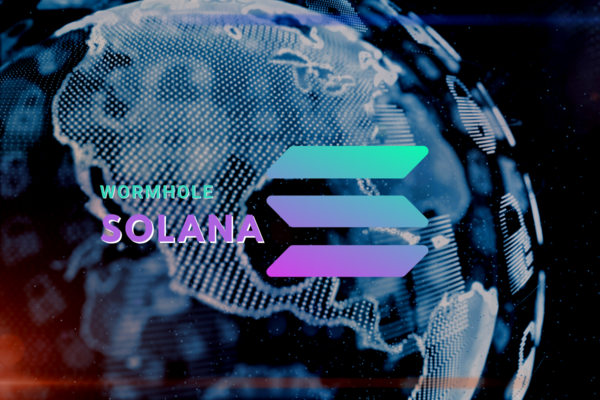On February 25, Solana blockchain network experienced a major outage following a “forking” incident. The network outage caused on-chain trading to slow down, affecting the performance of decentralized applications (dApps) built on Solana, media reports said.
The incident began when a node on the Solana network malfunctioned and caused a fork, creating two separate versions of the blockchain. As a result, nodes were unable to agree on the correct version of the blockchain, causing a network-wide consensus failure.
Solana’s developers were quick to respond, working to identify and fix the issue. After several hours, they were able to restore the network to a stable state, but the damage had already been done. The network outage caused transaction fees to spike, and trading volumes on Solana-based decentralized exchanges (DEXs) plummeted.
This is not the first time Solana has experienced a network-wide outage. In December 2022, the network suffered a similar incident that caused an outage lasting several hours, leading to criticism from users and investors alike.
Despite the recent network issues, Solana remains one of the most promising blockchain platforms, with a fast and scalable network that has attracted significant investment from venture capitalists and institutional investors. However, these incidents highlight the need for continued development and testing to ensure the reliability of the platform.
Solana’s founder and CEO, Anatoly Yakovenko, acknowledged the incident in a tweet, stating, “We take the reliability and stability of our network very seriously. Our team is working hard to ensure that incidents like this do not happen in the future.”



